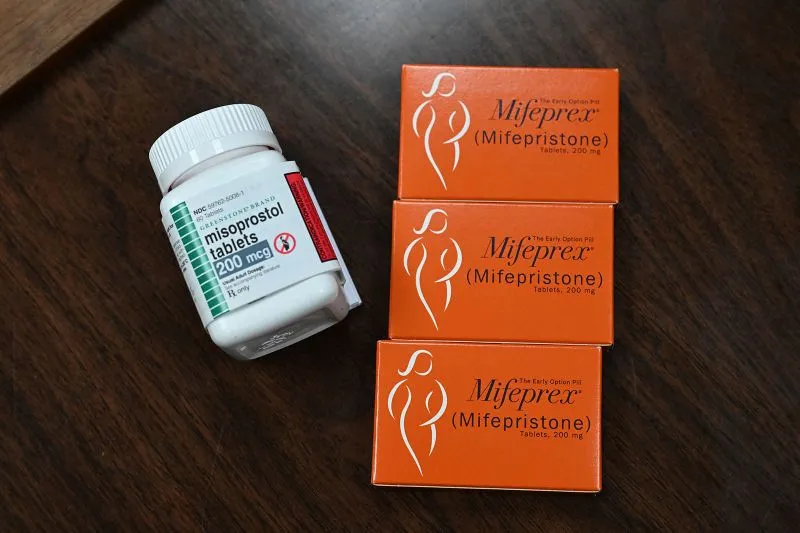New Louisiana Law Locks Up Abortion Medications, Affecting Women's Health Care

Effects of the New Law on Access to Abortion Medications
The new Louisiana law mandates that abortion medications, specifically mifepristone and misoprostol, be stored in locked cabinets, triggering anxiety among healthcare providers. This unprecedented move could delay critical treatment during emergencies. Doctors are concerned that the additional time required to access these medications could have severe consequences for patients experiencing complications during childbirth.
Concerns from Healthcare Professionals
Healthcare professionals, like Dr. Jennifer Avegno, emphasize that every second counts when treating women in dangerous situations. In emergency settings, such delays can be life-threatening. Furthermore, with the medications now classified as controlled substances, practitioners fear they may be hesitant to prescribe them due to legal repercussions.
Broader Implications for Women's Health
Proponents of the law argue it safeguards women from coercion, yet many physicians express that it undermines necessary reproductive care. Dr. Honor MacNaughton points out that many patients seeking quick resolutions for miscarriages could face hardships in navigating these new regulations.
Conclusion: The Next Steps
With implementation set to create major disruptions, the New Orleans City Council is collecting data on the impact of this legislation, seeking to understand how it affects patients and healthcare providers alike. The situation highlights an urgent need for ongoing advocacy in safeguarding women's health rights.
Disclaimer: The information provided on this site is for informational purposes only and is not intended as medical advice. We are not responsible for any actions taken based on the content of this site. Always consult a qualified healthcare provider for medical advice, diagnosis, and treatment. We source our news from reputable sources and provide links to the original articles. We do not endorse or assume responsibility for the accuracy of the information contained in external sources.
This article was prepared using information from open sources in accordance with the principles of Ethical Policy. The editorial team is not responsible for absolute accuracy, as it relies on data from the sources referenced.